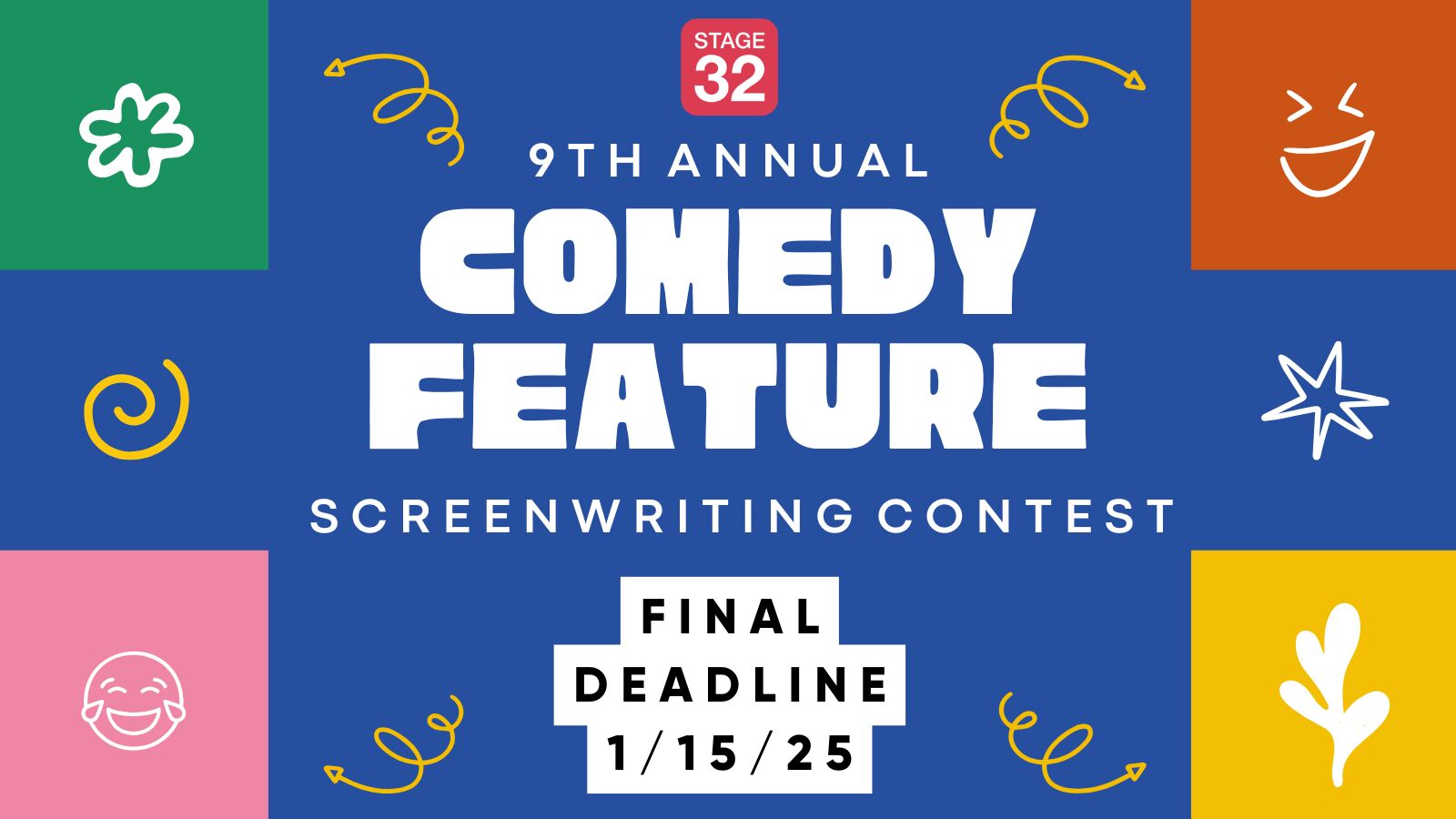Hello everyone,
I’d like to know your opinion: what are the five best books about screenplay and dramaturgy? (I’m not sure if this is the right place for this question, so I apologize in advance, and please let me know if I should delete this post.)
Please share the title and the reason why you think it’s important.




2 people like this
many recommend: the protagonist's journey, save the cat, and anatomy of genres, each provides insights into different aspects of the story telling journey.
2 people like this
Hi, Daniel Maciel. I’m a Stage 32 Lounge Moderator. I wanted to let you know I moved your post from the Authoring & Playwriting Lounge to the Screenwriting Lounge since it's about screenwriting. Let me know if you have any questions.
Here's a post about go-to screenwriting books that Phil Clarke made: www.stage32.com/lounge/screenwriting/Your-Go-To-Screenwriting-Books
4 people like this
THE ANATOMY OF STORY by John Truby. Not just screenwriting, but storytelling. Easily digestible and tons of examples (both films and books).
2 people like this
I've learned all of my basics from the Screenwriter's Bible but I think the best way to learn is to read other screenplays and then start writing your own. There are so many different online sources, such as the community here, to come looking for answers you might need as they pop up along the way.
2 people like this
Hello, thank you for your answers, but I already work with screenwriting and have a few credits in Brazil, etc. I asked more out of curiosity since I’m always learning and looking for books with different approaches. I have a small library.
I believe we learn not only by reading books about screenwriting but also by reading actual screenplays and books on "dramaturgy." Here are a few that I like a lot:
I’m really a fan of McKee, especially Story and Dialogue.
I like McKee for several reasons—his erudition and the way he studies "Story," concepts like Character and Characterization, Scene Design, and especially his discussion about Contraries, Contradictions, and Negation of the Negation, which are genuine teachings (among so many other things).
I also really like Writing for Emotional Impact by Karl Iglesias.
Syd Field's Screenplay: The Foundations of Screenwriting
Jean-Claude Carrière's The Secret Language of Film
The Tools of Screenwriting by David Howard and Edward Mobley—I think they discuss the idea of dramatic irony in a very interesting way, and the film analyses are excellent.
Screenwriting: The Sequence Approach by Paul Joseph Gulino.
Oh, and I also quite like The Screenwriter's Bible by David Trottier.
Developing Story Ideas by Michael Rabiger is very useful, especially for its explanation of CLOSAT.
There are many important books for screenwriters that I enjoy:
An Essay on the Tragic by Peter Szondi, where he approaches the tragic through the perspective of various philosophers.
The Classical Hollywood Cinema by David Bordwell is wonderful because the study of classical narrative is incredibly enlightening.
Kristin Thompson's Storytelling in the New Hollywood is a true masterpiece.
Stephen King's On Writing is very interesting.
I also love reading Henrik Ibsen. Plays like Rosmersholm and The Pretenders work masterfully... including The Wild Duck, which I’m convinced greatly influenced David Chase when he wrote The Sopranos' pilot.
Sophocles’ Antigone is an absolute masterpiece that everyone should read.
The interviews between François Truffaut and Alfred Hitchcock are also very rich.
Well, that’s it for now. If I remember any others that I like, I’ll share them here... and that’s it.
Best wishes to everyone and happy reading!
1 person likes this
Another interesting book, although an old one, is by William Archer, titled Play-Making.
1 person likes this
You're welcome, Daniel Maciel. Thanks for the book recs. I plan on checking out some of them, like Writing for Emotional Impact and Stephen King's On Writing.
2 people like this
Save The Cat by Blake Snyder. How can we champion the hero more in a story? Maybe we can have the protagonist that we love, or care for in a story, save, rescue, or forgive the antagonist regardless of what is happening to them.
5 people like this
I only read Save the Cat actually, and it was very good. But in my opinion, reading scripts of other great movies and watching them from a writer's POV, analyzing how every scene was written on paper, can teach you a lot more.
3 people like this
Hello. Thank you for the response. But I’m looking for books. I’ve already read Save the Cat, but it’s not one of my favorites. ;)
5 people like this
Once you’ve read a couple of the classics, check out Turn & Burn by CJ Walley. He shows how structure is used not as an end in itself but as a way to build tension and conflict. He’s also a regular on S32 so you can chat to him.
1 person likes this
Thank you, I’ve never heard of this one, I’ll look it up.
2 people like this
Re: Save the Cat -- I actually found Save the Cat Writes a Novel goes into much more storytelling-related detail and is helpful if you can reverse engineer the ideas to apply to screenplays. :)
4 people like this
Thanks so much for the shoutout John Clive Carter. It means a lot. Here's a review of my book from a former director of story at UTA.
1 person likes this
As highlighted above, Save the Cat is a lifesaver for understanding the structure. Some criticize it for being formulaic but I have found exponential benefits from it.
1 person likes this
Hi Daniel, I'm looking for a screenwriter who can transform deeply personal, spiritual encounters into a compelling screenplay. If you're passionate about stories that connect the human soul, let's collaborate!